Refugees: In Pursuit of a Life
BY GUEST BLOGGER | June 29, 2016
written by: Pedro P. Guerrero, Student Life Assistant and Social Justice Coordinator at Loyola University Chicago’s John Felice Rome Center
Editor’s Note: The following post was originally published on the John Felice Rome Center website.
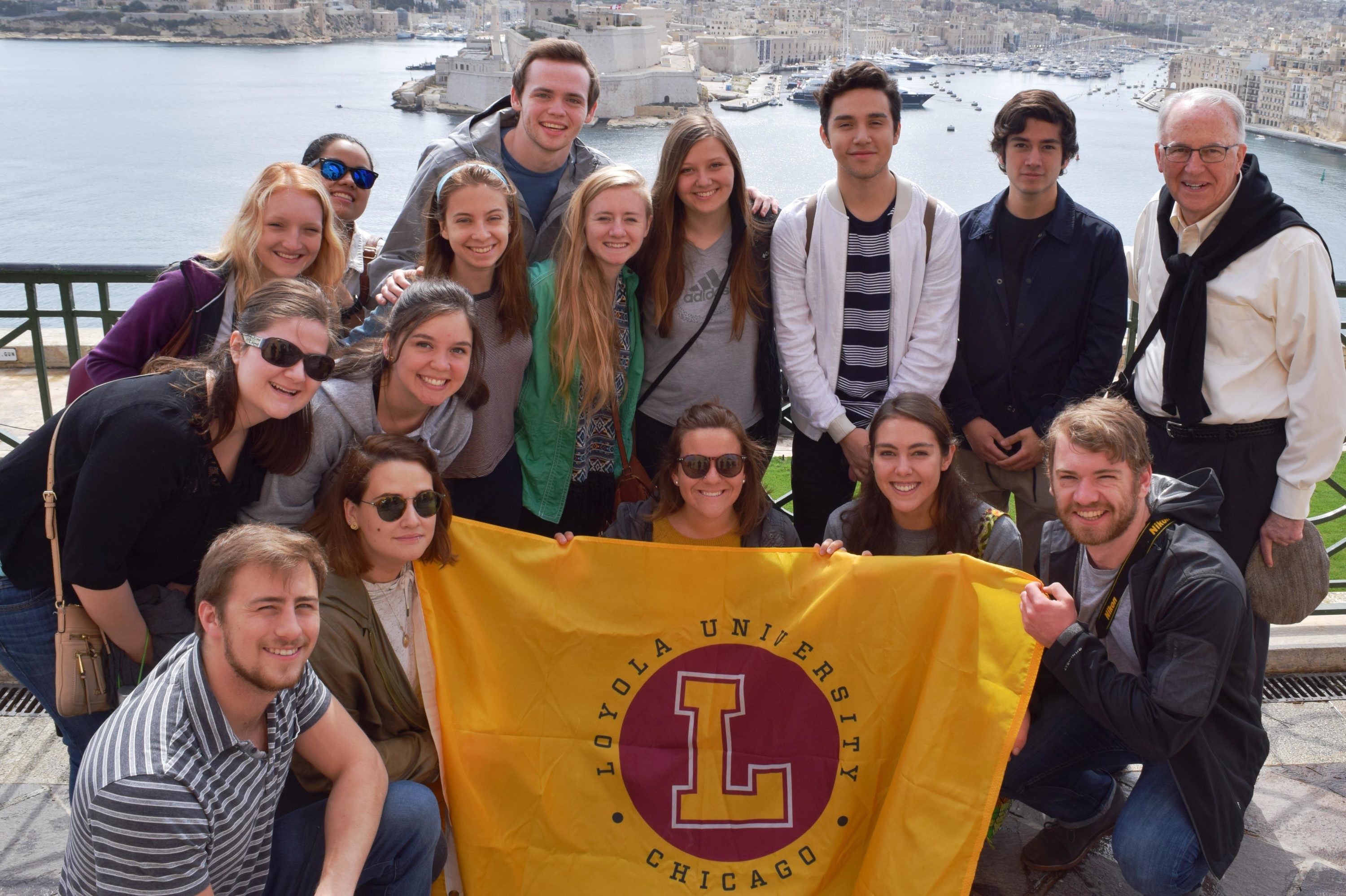
Loyola University students and faculty in Malta. [Loyola University Chicago]
On our first day in Malta, the group visited the Jesuit Refugee Service branch offices in Birkirkara. There, we met Fr. Mark Cachia, S.J. He stood in front of us without a script, telling us about the history of the refugee crisis in Malta. He indicated that Malta is a country built from a synthesis of its various colonizers. He talked about how the Maltese people treated the refugee influx as another invasion. Malta, due to its location to Northern Africa, played the role of the “gate-keeper” for those seeking refuge in mainland Europe. He spoke with resentment toward the government’s gut reaction to hold refugees in detention centers for 10-18 months at a time. Malta, in short, was a limbo of sorts for refugees.
“I come from a family of asylum seekers. Even though I don’t remember, I myself was an asylum seeker before I had even reached two years old.”
I come from a family of asylum seekers. Even though I don’t remember, I myself was an asylum seeker before I had even reached two years old. After being targeted by the Sendero Luminoso, a violent group of insurgents seeking to overthrow Peru’s conservative authoritarian government, my family fled to the United States in the early 1990s. The idea of re-establishing a life in a country where they don’t speak my native language is, to this day, unfathomable to me. We were some of the lucky ones.
Refugees: In Pursuit of “A” Life
Fr. Mark said something that really struck home for me: “Often times, refugees are not in pursuit of a better life, but in pursuit of a life.” I can’t help but feel resentment toward governments and individuals that see history repeat itself. My father went from being a practicing doctor one day to waking up at 4 a.m. every morning to throw out newspapers on the streets of Miami the next. Today we see people like Munira, a mother of two from Libya, go from working and living a prosperous life one day to fleeing through the Saharan desert with her two kids the next. Munira and her family are some of the lucky ones.
History continues to repeat itself. This idea of pushing away the stranger based on differences (e.g., race, religion, country of origin) is nothing new. We saw it in the United States with the imprisonment of the Japanese people during World War II. We saw it with the Red Scare in the United States and the birth of McCarthyism. We saw it after 9/11 and the manifestation of Islamophobia shortly after. We see it today with our refugee brothers and sisters fleeing from war-torn countries in Africa and the Middle East.
In Search of Life: A Foreign Concept
This idea of being in search of a life is so foreign to us. As students, faculty, and staff of a university, we’ve become so accustomed to going through our daily lives. Despite being away from Loyola University Chicago’s main campus in the U.S., we live in a privileged state here at the university’s Rome campus, in which we are able to choose our homes, sometimes even choose where we want to sleep each night. We live in a community where lunch is served from 11:45 a.m.-2:15 p.m. and dinner is served from 5:45-7:30 p.m., without question. We sometimes fail to recognize that our expectations reflect our comforts. The weekend in Malta taught me that while we expect to live in a world of peace, happiness, and prosperity, some people may not even expect to live.
“We can all be refugees, Nobody is safe, All it takes is a mad leader, Or no rain to bring forth food. We can all be refugees, we can all be told to go, We can be hated by someone for being someone.”
-Benjamin Zephaniah
ISN welcomes faith & justice related blog submissions from members of the Ignatian family. Please let us know of any blog ideas or posts using this form: ISN Blog Ideas

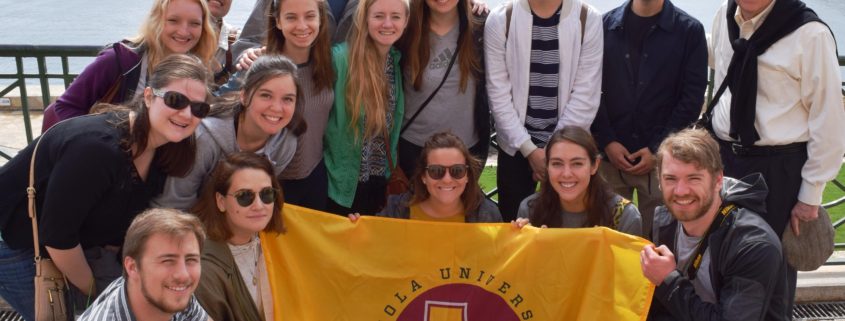
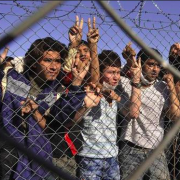
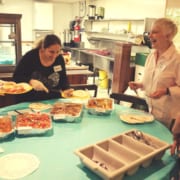
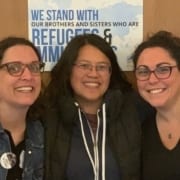
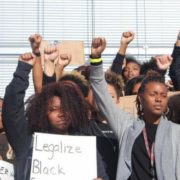
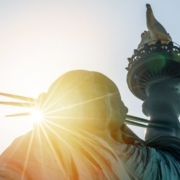
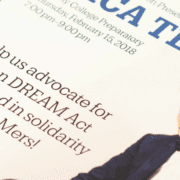



Together for peace social development and human stability around the world supporting the ten commandments of God to stop violence and crimes in the human society.